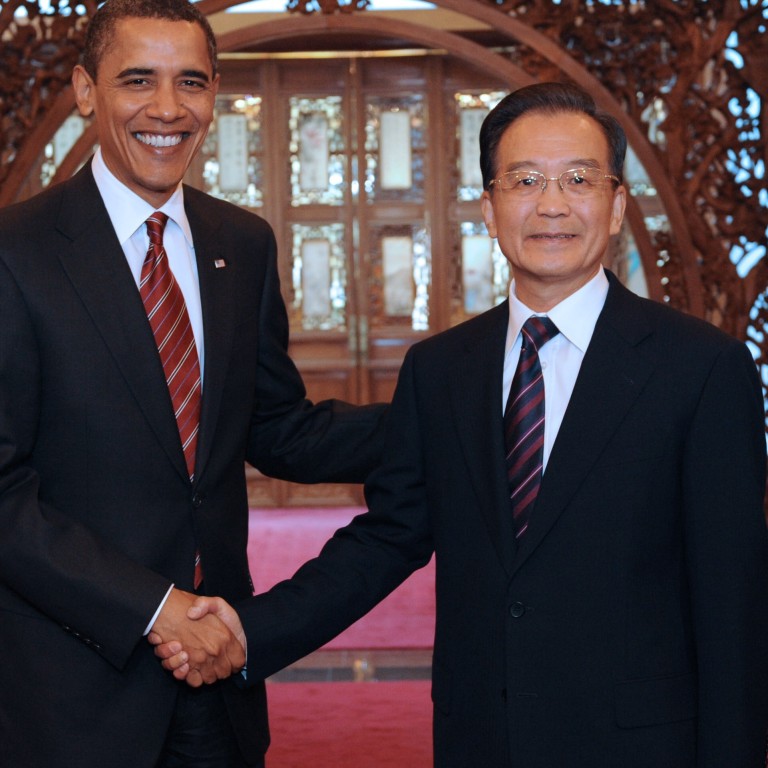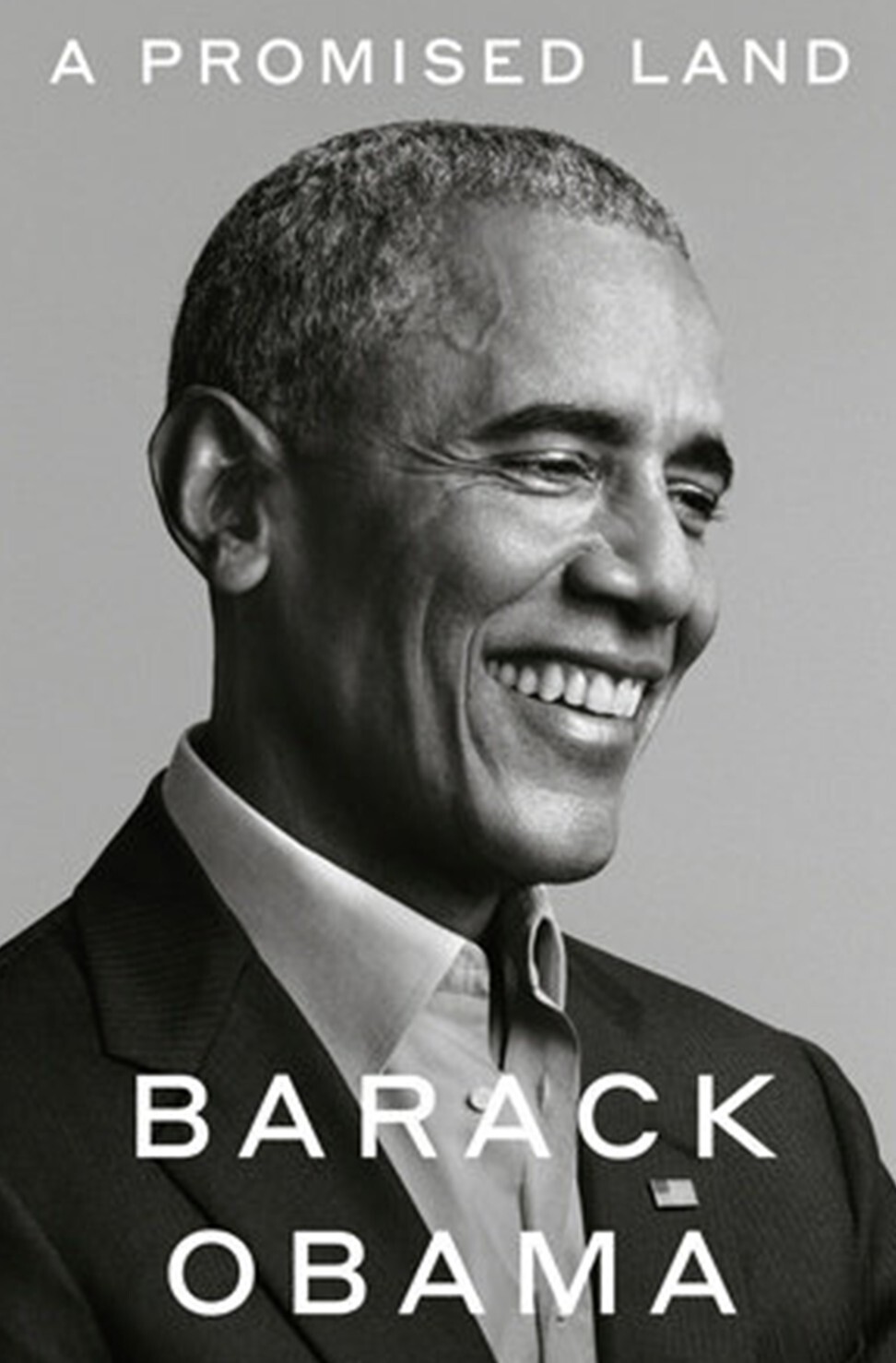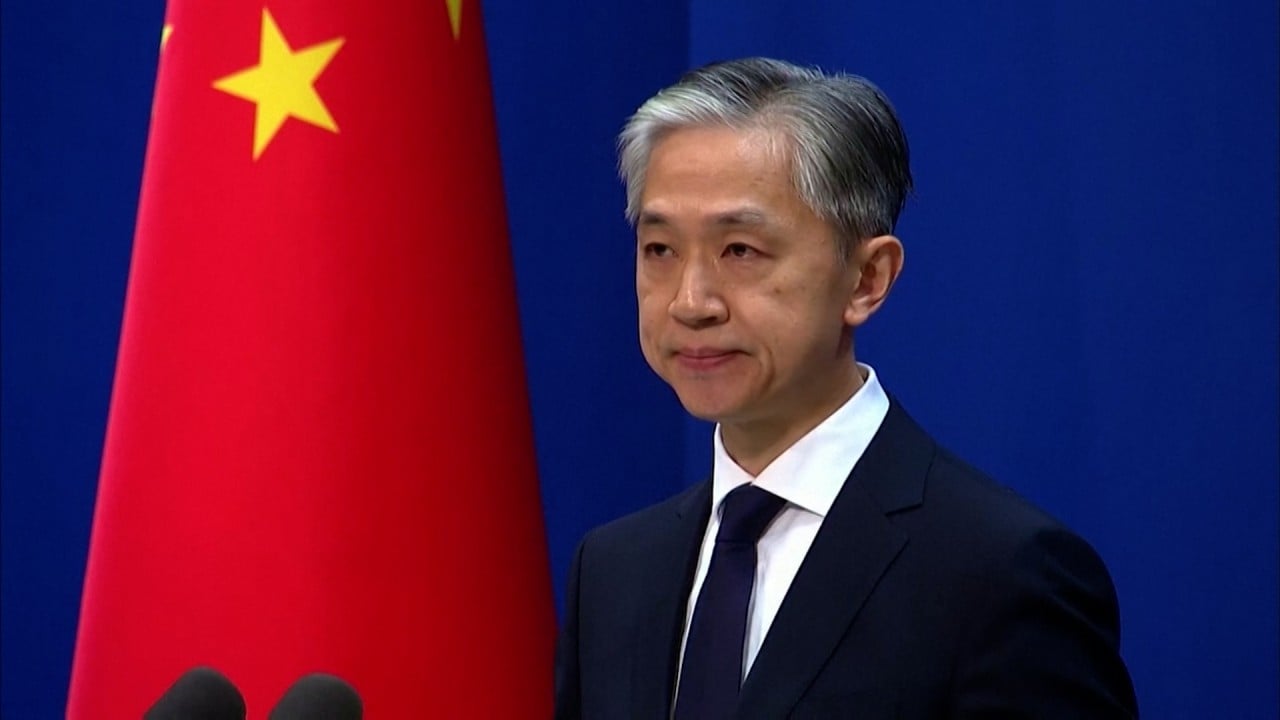
Barack Obama: ‘I could not have a trade war’ with China due to global financial crisis
- Former US president Barack Obama explains that he was ‘hamstrung’ on dealing with China’s trade policies by global economic meltdown
- Obama says he ‘had to make sure we did not start a trade war that tipped the world into a depression’, on the back of the global financial crisis of 2008-09
Former US president Barack Obama has said he would have pushed China “much harder” on trade issues if it was not for the global financial crisis of 2008-09.
China’s role in the global economic recovery from the crisis, caused in large part by defaults on subprime mortgages in the United States, “hamstrung” his ability to tackle China’s “mercantilist policies that violated international trade rules”, Obama said in remarks made to the The Atlantic, which expanded on similar themes in his new book, A Promised Land.
I could not have a trade war in 2009 or 2010. At that point I needed the cooperation of China as well as Europe as well as every other potential [growth] engine
In his new book, Obama expanded on the role China’s record-setting economic stimulus plan played in supporting the global economy in the early days of his presidency, which ran from 2009-17.
He wrote that this restricted him from holding Beijing to account for “evading, bending, or breaking just about every agreed-about rule of international commerce”.
The Chinese government pledged to work with Western economies in the aftermath of the financial crisis, the biggest jolt to the global economy since the Great Depression in 1929.
During the crisis of 2008 and 2009, tens of thousands factories in China’s Pearl River Delta, the factory to the world, were closed down due to a collapse in exports, and thousands of workers poured onto the streets to demand local governments pay their wages.
Beijing responded decisively in November 2008, announcing a two-year, 4 trillion yuan (US$586 billion) stimulus plan to invest in infrastructure and social projects, while also slashing corporate taxes. At the same time, China’s central bank slashed interest rates by more than a full percentage point, the largest rate cut since the 1997 Asian financial crisis.
The stimulus quickly revived Chinese growth, but also prompted a domestic credit explosion.
China wasn’t going to change its trading practices without pressure from my administration; I just had to make sure we did not start a trade war that tipped the world into a depression and harmed the very workers I’d vowed to help
“To pull ourselves and the rest of the world out of the recession, we needed China’s economy growing, not contracting. China wasn’t going to change its trading practices without pressure from my administration; I just had to make sure we did not start a trade war that tipped the world into a depression and harmed the very workers I’d vowed to help,” Obama wrote in the first of two volumes of presidential memoirs.
In shades of what would happen to his predecessor Donald Trump almost a decade later, he wrote that Wen “suggested I just give him a list of US products we wanted China to buy more of and he’d see what he could do”.

“I felt like I was haggling over the price of chicken at a market stall rather than negotiating trade policy between the world’s two largest economies,” Obama wrote.
On Monday, Biden pledged to work with other democracies to stop “China and others dictating outcomes because they are the only game in town”.
“The idea that we are poking our finger in the eyes of our friends and embracing autocrats makes no sense to me,” he said at a news conference in Wilmington, Delaware.

00:41
China congratulates Joe Biden on being elected US president
Former officials, meanwhile, have criticised the role of both China and the Trump administration in dragging the global economy through a trade war, which has subsequently deepened into something resembling a cold war.
Speaking at the Bloomberg New Economy Forum on Tuesday, Trump’s former chief economic adviser Gary Cohn said he does not think trade tariffs work, because the US has continued to experience record trade deficits despite the trade war levies.
“All we did was put a consumption tax on the US consumer, making those goods more expensive. It never at any point created the economic incentive for someone to move manufacturing here to the United States,” said Cohn, who headed up Trump’s National Economic Council from 2017-18.
Charlene Barshefsky, the former US Trade Representative that oversaw arduous bilateral negotiations on China joining the World Trade Organization in 2001, said that Trump’s handling of the US-China relationship was “poor”, but that there were already issues bubbling up between the US and China before he took office.
It was not surprising that there was an explosion when Donald Trump came into office
“I think that Xi Jinping carries a heavy load. There’s an awful lot of talk about what Joe Biden should do. I would suggest it would be important for China to think about what Xi Jinping should do. Remember that Joe Biden was in the Obama administration, which after eight years of dialogue, endless meetings, endless series of engagements, 60-plus working groups produced almost no result with respect to the key complaints the US had about the Chinese economy,” she said.
Barshefsky voiced optimism about Biden’s ability to redress superpower ties.
“I think it would be very important for Xi Jinping to also show good faith here. I do think that Joe Biden, because he’s not a flame-thrower, he does not use a meat axe for policy, will be a more productive partner for Xi Jinping, but Xi Jinping needs to be a more productive partner for Joe Biden,” the former trade chief told the Bloomberg New Economy Forum.
Additional reporting by Chad Bray


